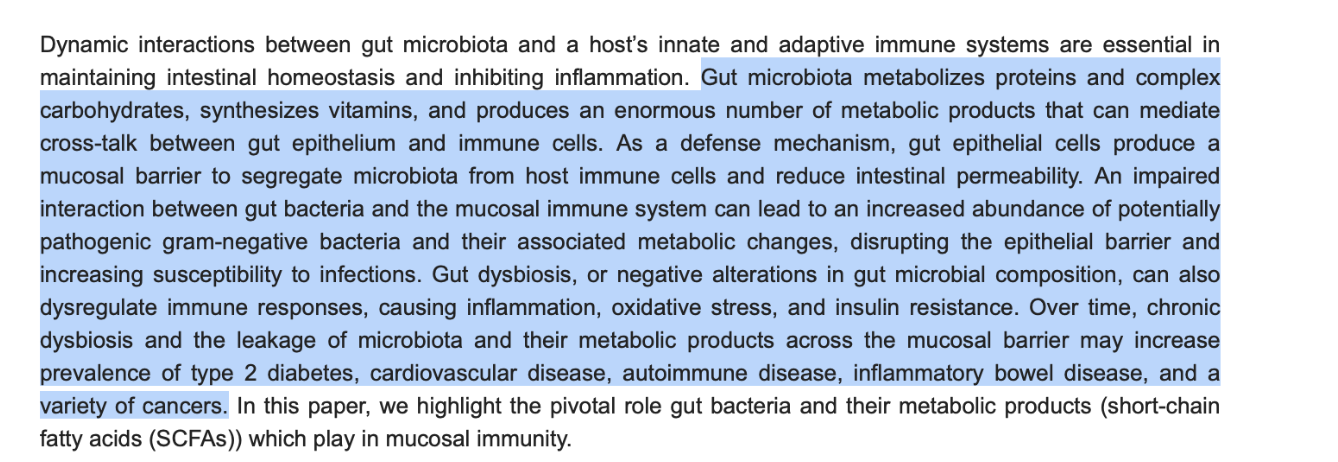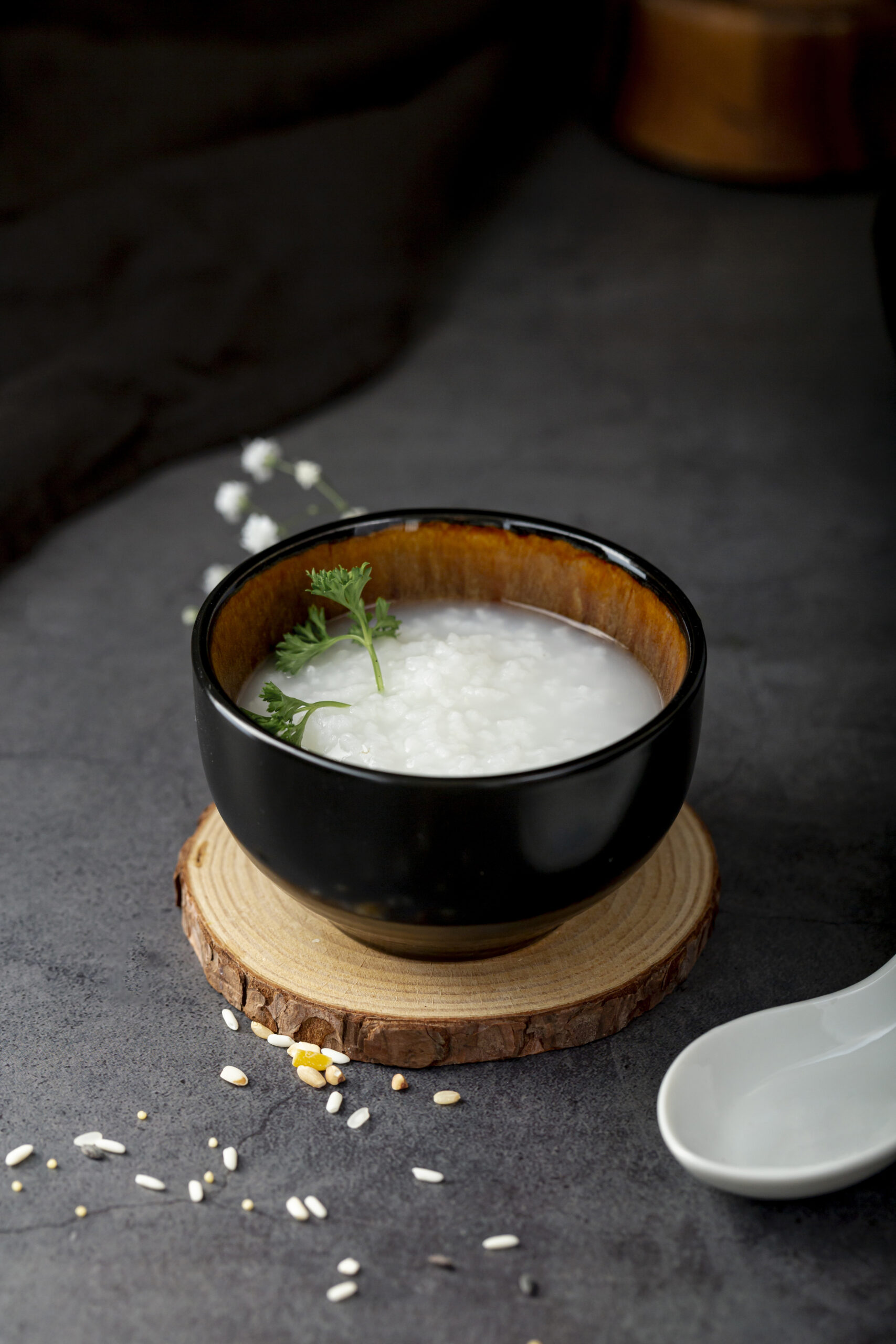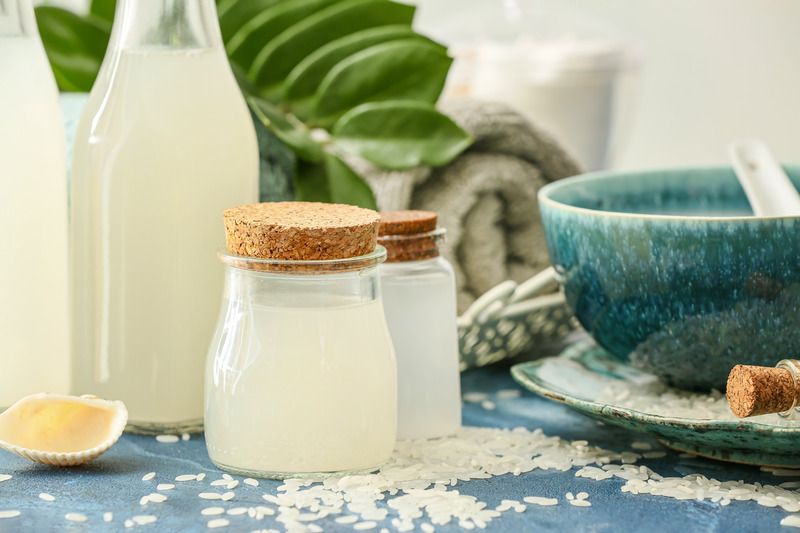Gut health is everywhere—on magazine covers, in wellness trends, and across supermarket shelves lined with probiotic drinks, supplements, and exotic superfoods. Yet, despite the buzz, gut issues are at an all-time high. Ever wondered why?
Bloating, acidity, brain fog, low energy, and skin breakouts aren’t just minor inconveniences. They’re signals from your gut, urging you to pay attention. But instead of addressing the root cause, we reach for quick fixes, antacids for acidity, antibiotics for infections, and caffeine for energy. These may offer temporary relief.
We chase superfoods from around the world but overlook simple, time-tested wisdom from our kitchens. Our ancestors didn’t rely on fancy probiotics or gut health fads. They nurtured digestion and immunity naturally, using food and lifestyle practices that worked in harmony with the body.
The Hidden Epidemic: Why Almost Everyone Has a Gut Problem
Despite medical advancements, gut-related issues have never been more common. The irony? Many of these problems stem from the very thing we often overlook—the gut.
Look around, and you’ll notice a pattern:
- Acidity is normalized, with antacids being a staple in many households.
- Digestive discomfort is dismissed, as something we just have to live with.
- Skin issues are tackled externally, without addressing the inflammation within.
- Energy crashes are blamed on long days, rather than poor nutrient absorption.
- Mood swings and brain fog are written off as stress, while the gut-brain connection remains ignored.
The gut isn’t just responsible for digestion—it’s the control center for immunity, metabolism, mental health, and skin health. Yet, a lot of our modern living works against it.
Ultra-processed foods, chronic stress, poor sleep, and excessive antibiotic use have disrupted the delicate balance of the gut microbiome—the trillions of bacteria that regulate everything from immune function to emotional well-being.
When this balance is disturbed, the effects go far beyond bloating or constipation. It weakens immunity, triggers inflammation, fuels weight gain, and even contributes to anxiety and depression. But rather than addressing the root cause, we’ve normalized symptom management, popping pills for acidity, relying on antibiotics at the first sign of infection, and consuming probiotic supplements as a quick fix.
Yet, if we look back, our ancestors had a much simpler, more effective approach. One of the most powerful among them? Fermentation.
Hidden within this ancient wisdom is a drink that could be a game-changer for gut health—kanji. It’s time to bring this forgotten elixir back into our daily lives and give our gut the nourishment it truly needs.
Why Fermented Foods Like Kanji Are Non-Negotiable for Health
Fermentation has been a cornerstone of traditional foods across cultures, not just for preserving food but for enhancing its nutritional value and supporting gut health. From kimchi in Korea to sauerkraut in Germany, natto in Japan, and dosa batter in India, every civilization embraced fermentation for its profound health benefits.
What makes fermented foods so powerful?
They naturally cultivate beneficial bacteria, which modern lifestyles have depleted due to processed foods, chronic stress, and antibiotic overuse. Unlike commercial probiotics, which often fail to survive stomach acid, kanji—a traditional fermented rice water, delivers live, thriving bacteria that effectively colonize the gut.
Kanji also contains resistant starch, a prebiotic fiber that nourishes good bacteria, allowing them to multiply naturally. Science validates its benefits in three key areas:
1. Gut Health & Immunity: Strengthening the Body’s Defense
A well-balanced gut is the first line of defense against inflammation and autoimmune conditions. A 2020 study in Microorganisms confirmed that diverse gut bacteria reduce inflammation and lower the risk of autoimmune disorders. However, modern habits, excessive antibiotic use, processed foods, and chronic stress, deplete this bacterial diversity, weakening immunity.

Kanji helps restore microbial balance, repopulating the gut with beneficial bacteria essential for a strong immune system. As a result, it supports overall immune resilience and reduces inflammation at its root.
2. Mental Health & The Gut-Brain Axis
The gut and brain are intricately connected through the gut-brain axis, a communication pathway linking digestive health to mental well-being. Nearly 90% of serotonin, the ‘happiness hormone,’ is produced in the gut, not the brain. An imbalanced gut can contribute to anxiety, depression, and cognitive decline, while a thriving microbiome enhances emotional resilience.
Kanji promotes gut health by nourishing beneficial bacteria, which in turn support serotonin production. This helps regulate mood, reduce stress, and improve mental clarity proving that emotional well-being starts in the gut.
3. The Skin-Gut Connection: Healing from Within
Skin conditions are often treated externally, yet many originate from within. Acne, eczema, and psoriasis frequently stem from gut imbalances, poor digestion, and systemic inflammation. When digestion is compromised, toxins build up, triggering inflammatory skin reactions.

The fermentation process in kanji produces anti-inflammatory compounds and digestive enzymes that support proper nutrient absorption, reducing toxin buildup and promoting clear, healthy skin from the inside out.
How to Make Kanji: A Timeless Recipe for Gut Health
Preparing kanji is incredibly simple and requires just a few basic ingredients—most of which are already in your kitchen.
Here’s what you’ll need:
Ingredients:
- 1 cup cooked rice (any variety that is unpolished and organic—white, red, brown, or hand-pounded rice)
- 2–3 cups water
- A pinch of rock salt or pink salt
- (Optional) Mustard seeds and curry leaves for additional digestive benefits
Method:
- Take the cooked rice and soak it in water overnight at room temperature. This allows natural fermentation to take place, cultivating gut-friendly bacteria.
- In the morning, strain the liquid—this fermented water is your kanji.
- Drink it as is, or if you prefer, lightly warm it with a tempering of mustard seeds and curry leaves for added flavor and gut-healing properties.
When to Drink Kanji for Maximum Benefits:
- First thing in the morning on an empty stomach – This helps kickstart digestion, replenish gut bacteria, and support overall gut healing.
- Before meals – Drinking kanji before meals aids digestion and prepares the gut to absorb nutrients more effectively.
Who Can Benefit from Kanji?
- Anyone Dealing with Digestive Issues: If acidity, bloating, or constipation have become a regular part of your life, it’s a sign that your gut microbiome is off balance. While we often turn to antacids or fiber supplements for quick relief, these don’t address the underlying issue. Fermented drinks like kanji can enhance digestion, making it an excellent choice for those dealing with indigestion or irritable bowel syndrome (IBS).
- Those Who Catch Infections Too Easily: Recurring colds, frequent fevers, and constant fatigue are often linked to an underperforming immune system. While most people try to strengthen their immunity with vitamin supplements or herbal concoctions, the real fix lies in the gut. Kanji acts as a natural immune modulator, restoring microbial diversity, reducing gut inflammation, and improving the body’s ability to fight off infections without constant medications.
- Women with PCOS, Thyroid Issues, or Irregular Cycles: Hormonal balance isn’t just about estrogen, progesterone, or thyroid hormones—it’s also about the gut bacteria that regulate them. Poor gut health can disrupt hormone metabolism, worsen PCOS symptoms, and impact thyroid function. By introducing more fermented foods like kanji, you give your gut the raw material it needs to help bring hormonal balance back on track.
- Individuals Struggling with Mood Swings, Anxiety, or Poor Sleep: The gut and brain are constantly in conversation, and when the gut is inflamed, it can throw emotions, focus, and even sleep patterns off balance. If you’ve been feeling irritable, restless, or mentally drained, kanji can nourish the gut and, in turn, support a calmer mind and deeper sleep.
- Athletes, Active Individuals & Those Recovering from Illness: For those with an active lifestyle, kanji acts as a natural electrolyte booster, supporting hydration, endurance, and recovery. It also improves nutrient absorption, ensuring that the food you eat is efficiently utilized by the body rather than wasted.

Image Credits: Freepik
- Elderly & Those with Weak Digestion: With age, digestion tends to slow down, making it harder to extract nutrients from food. Kanji is light on the stomach, easy to digest, and rich in gut-friendly bacteria, making it an ideal option for older adults.
Disclaimer: While kanji is gentle on digestion, elderly individuals with specific medical conditions should consult their healthcare provider before making dietary changes.
Who Should Avoid or Be Cautious with Kanji?
While kanji is well-tolerated by most, there are a few cases where moderation or caution is advised.
1. Individuals Sensitive to Fermented Foods
Some people experience bloating, headaches, or skin flare-ups when consuming fermented foods. If this happens, start with a small amount and gradually build up tolerance rather than eliminating it entirely.
2. Those with Severe Gut Dysbiosis or SIBO
For individuals dealing with Small Intestinal Bacterial Overgrowth (SIBO) or major gut imbalances, adding fermented foods too soon may worsen symptoms. In such cases, it’s best to heal the gut first before incorporating kanji.
3. For People with Severe Acidity or Active Ulcers
Kanji is soothing for mild acidity, but in cases of severe acid reflux or ulcers, it’s important to start slowly. Observe how your body responds before making it a regular part of your routine.
4. Individuals with Kidney Disease
If you’re on fluid-restricted or potassium-controlled food items, check with your doctor before consuming kanji, as fermented liquids may not always align with specific medical conditions.
Disclaimer: Individuals with kidney disease should seek medical advice before consuming kanji, as its potassium content and fermentation process may not be suitable for certain dietary restrictions.
Common Mistakes to Avoid
Kanji is simple to make, but like all traditional recipes, the process matters. A small mistake can affect the fermentation, reducing its potency or even making it difficult to digest. If you’re trying kanji for the first time, here are a few common errors to watch out for:
1. Using Raw Rice Instead of Cooked Rice
Fermentation doesn’t happen the same way in raw rice as it does in cooked rice. Cooked rice already has broken-down starches, making it easier for natural bacteria to feed on and multiply. If you use raw rice, the fermentation process won’t happen effectively, and you’ll miss out on the probiotic benefits that make kanji so powerful.
2. Refrigerating It Overnight Instead of Keeping It at Room Temperature
Temperature plays a big role in fermentation. Cold environments slow bacterial activity, so refrigerating kanji overnight will prevent it from fermenting properly. To get the full benefits, let it sit at room temperature, allowing the natural bacteria to thrive and multiply.

3. Not Straining the Liquid Properly
The magic of kanji lies in the fermented water—not the rice itself. Many people make the mistake of drinking everything together or not straining it well enough. While the soaked rice can be eaten separately, the liquid is where all the probiotics and beneficial enzymes are concentrated. Strain it well before consuming it to maximize its gut-healing benefits.
4. Drinking Too Much Too Soon
Because kanji is rich in live bacteria, it can sometimes cause mild bloating or discomfort in those who are not used to fermented foods. If you’re new to it, start small—just a few sips—and gradually increase the amount. This allows your gut to adjust and prevents any unnecessary digestive discomfort.
What Kanji Cannot Do
While kanji is a powerful gut-healing drink, it’s not a magic bullet. It works best when paired with the right lifestyle and food habits. Here’s what you need to keep in mind:
1. It’s Not a Quick-Fix or a Cure-All
Kanji can support digestion, boost gut bacteria, and improve overall health, but it cannot undo the effects of food high in processed foods, sugar, and unhealthy fats. If gut health is a priority, kanji should be a part of a broader approach that includes whole foods, mindful eating, and lifestyle changes.
2. It Requires Consistency, Not Instant Gratification
We live in a world where we expect results overnight—whether it’s weight loss, better digestion, or clearer skin. But gut healing doesn’t work that way. Unlike synthetic probiotics or medications that give temporary relief, kanji works at a deeper level, repopulating the gut with beneficial bacteria and improving digestion over time. To experience its full benefits, patience, and consistency are key.
3. It’s Not for Everyone
While kanji is well-tolerated by most, some individuals may need to be cautious. Those with histamine intolerance, SIBO (Small Intestinal Bacterial Overgrowth), or kidney disease should consult a health expert before incorporating it into their routine. In such cases, introducing fermented foods too soon or in large amounts may cause more harm than good.
Remember, true gut health isn’t built overnight, nor is it dependent on one miracle food or supplement. It’s cultivated through consistency, mindfulness, and a deep respect for how the body heals.
Whether you’re sipping kanji for digestion, immunity, or simply as a way to reconnect with your roots, remember—real wellness is never about quick fixes, but about small, sustainable choices that stand the test of time.
Watch This Before You Buy Probiotics
Disclaimer: This blog is for informational purposes only and is not a substitute for medical advice, diagnosis, or treatment. While kanji is a traditional fermented drink with potential health benefits, individual responses may vary. If you have underlying health conditions, food sensitivities, or are on medication, consult a qualified healthcare professional before incorporating it into your routine. The content shared should not be used to self-diagnose or replace professional medical guidance.
Struggling with gut issues like bloating and acidity?
Heal from the inside out with our expert-led Gut Care Program.
Take the first step to better digestion today!
Schedule a one-on-one consultation with our experts by calling us at 1800 102 0253 or emailing us at [email protected].


